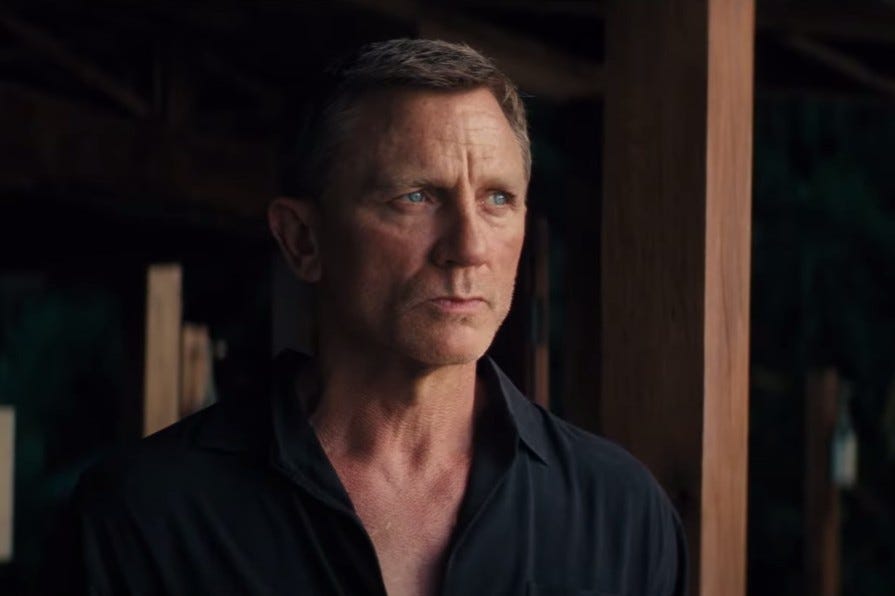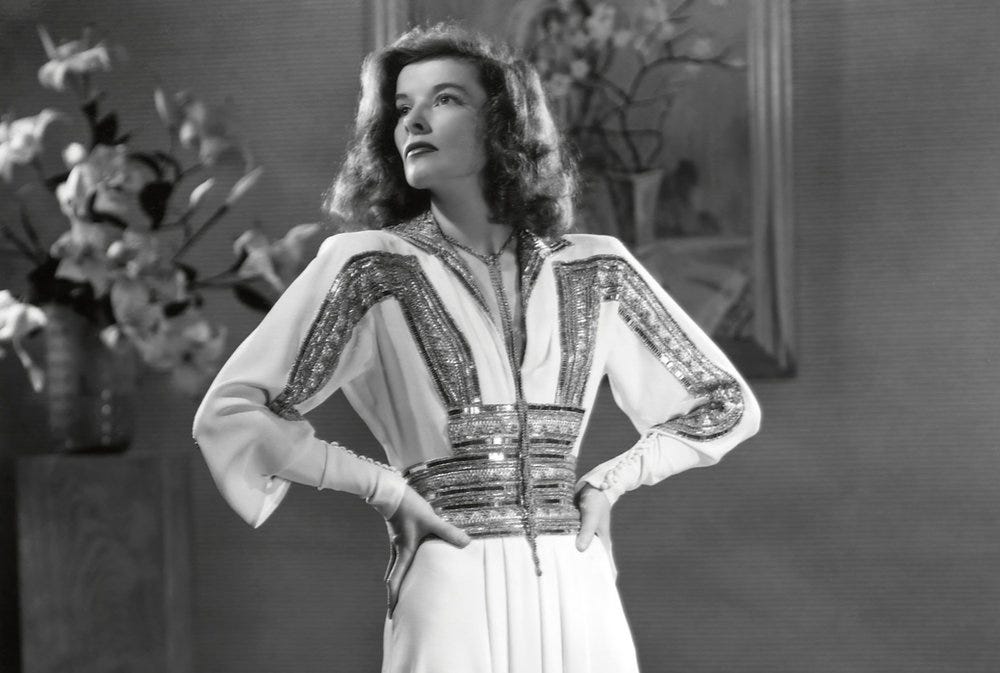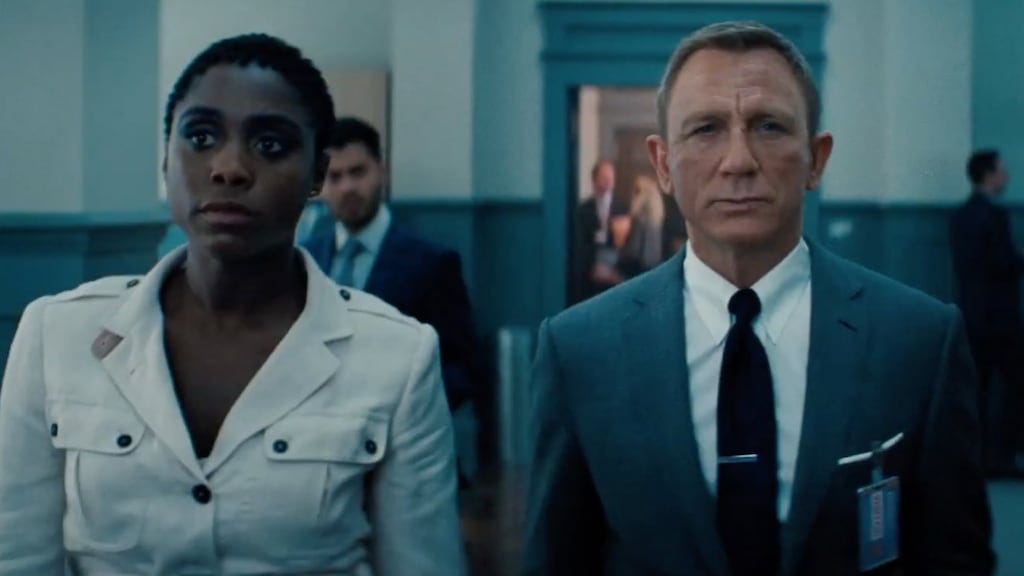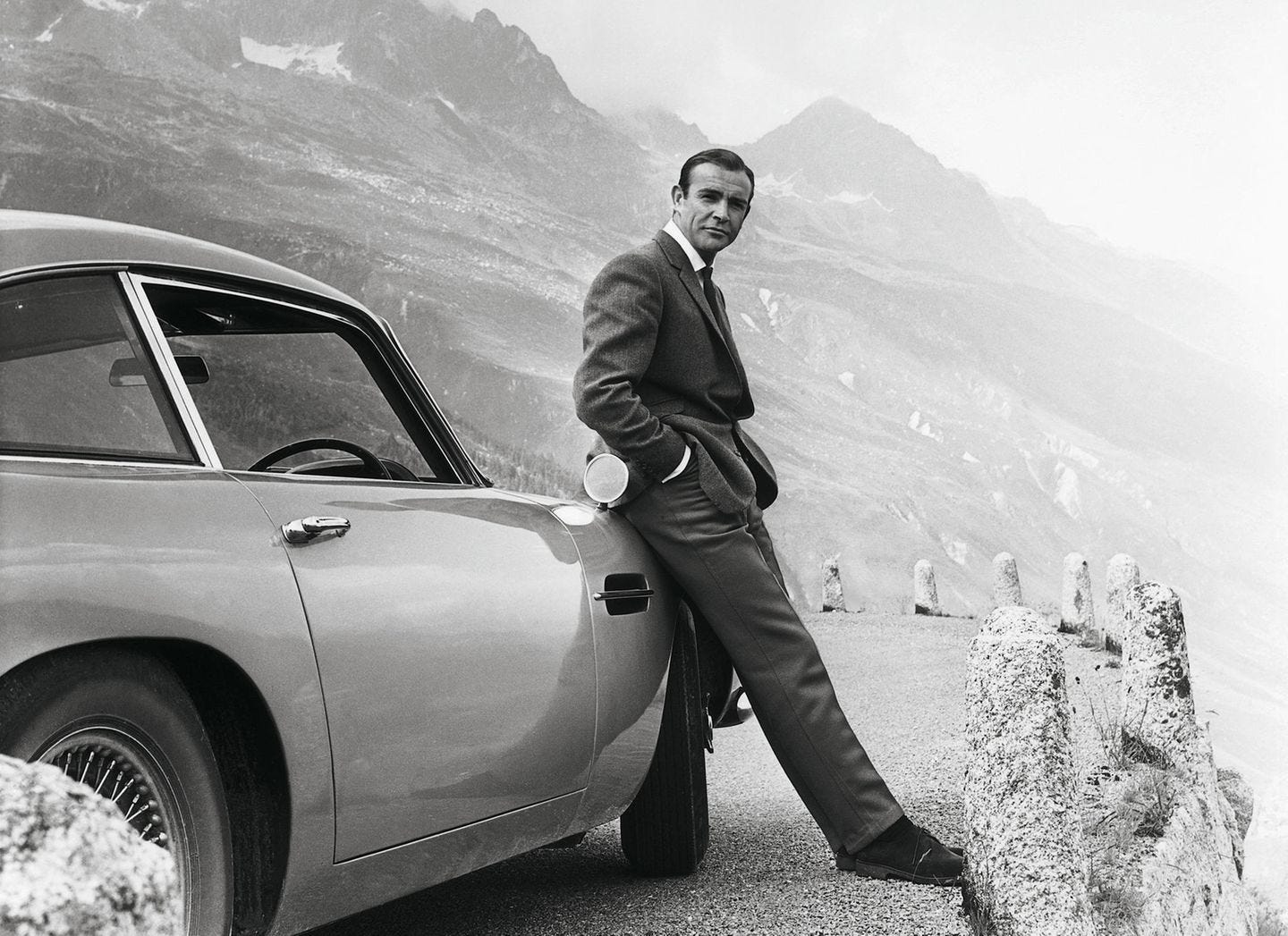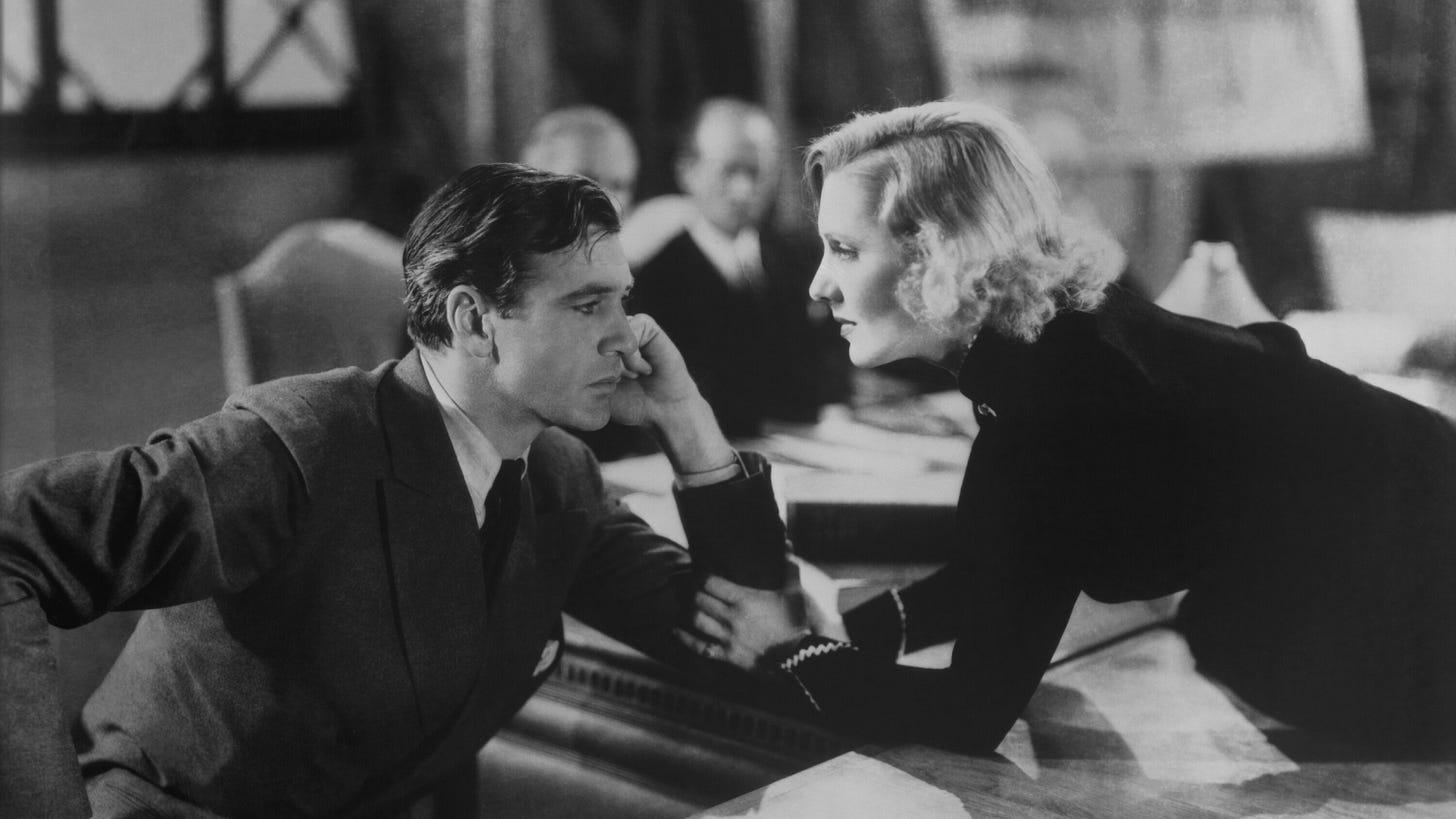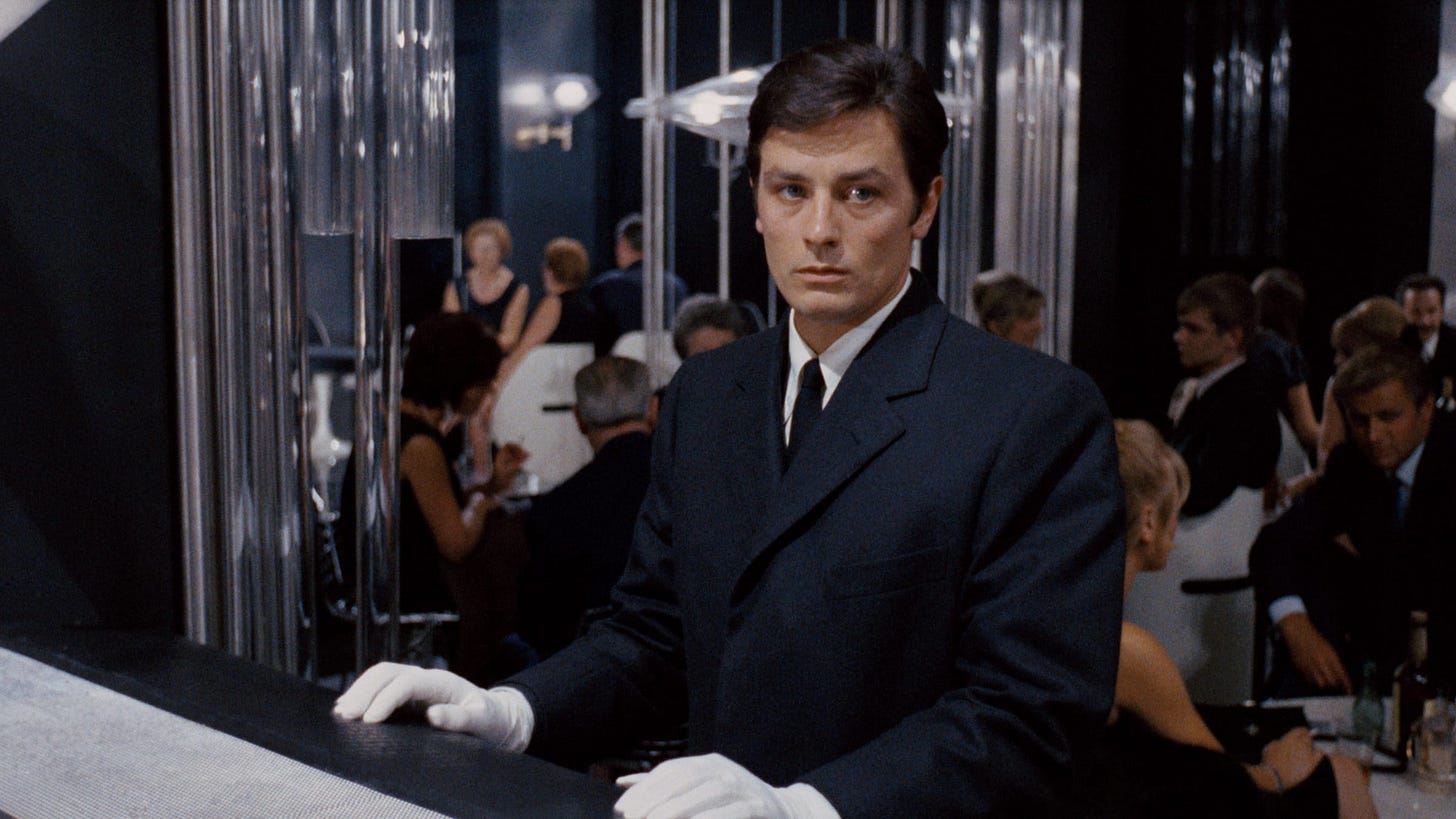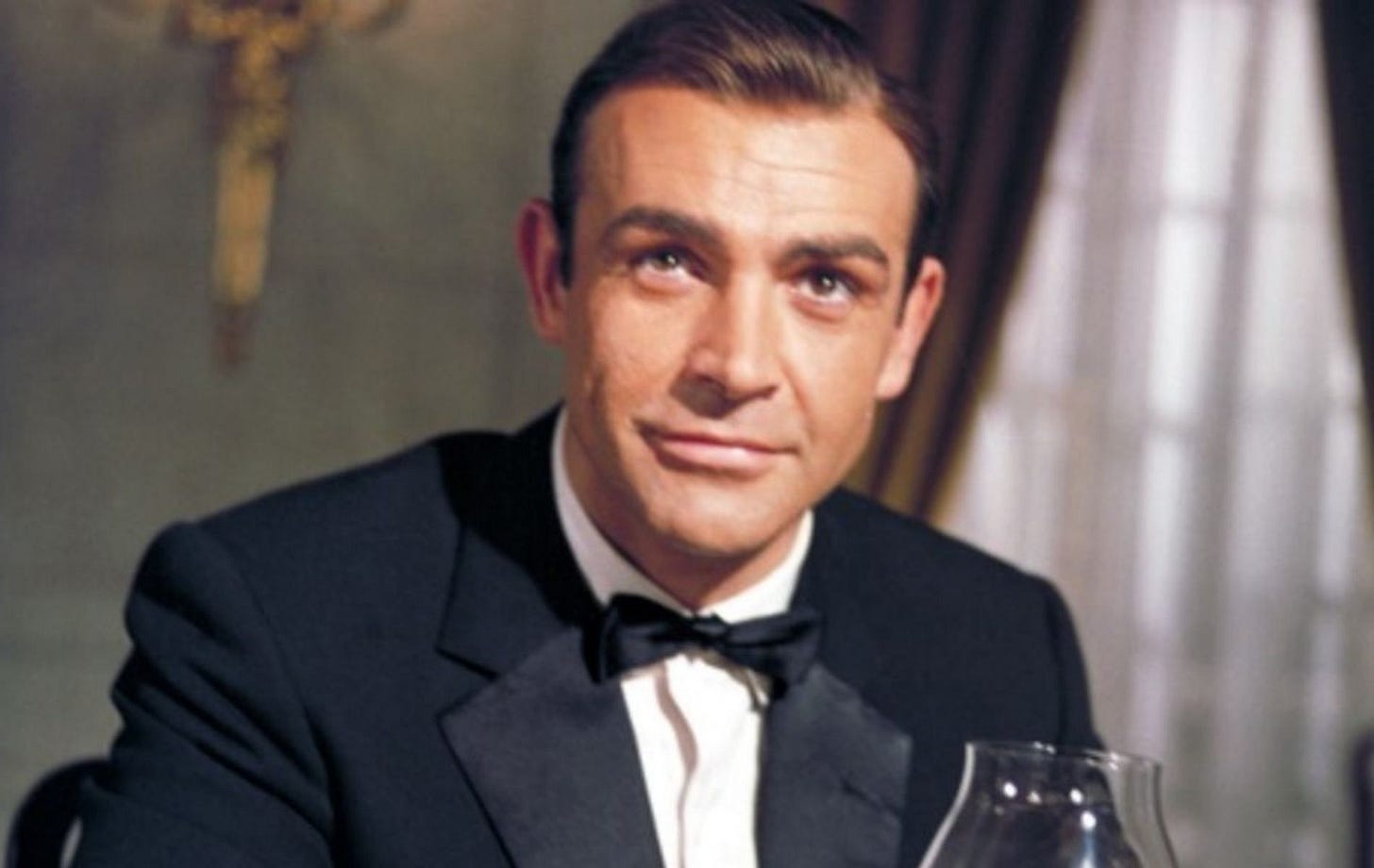Why Hollywood Movies Aren’t Great Anymore
The Fall of 007 Explains Everything
I bet that all of you who clicked to read this essay are already familiar with the greatest spy of all time.
The one whom every man wants to be, and every woman wants to be with:
Ian Fleming’s James Bond 007
For six decades, the character has been introduced, fantasized, transformed, and reflected as the symbol of a specific era’s culture.
And that is the problem for the late 007 cinematic version — it reflects and adapts to the current culture, where softness, vulnerability, and equality in every molecule of society are championed and celebrated.
I won’t say that I’m a die-hard fanatic of 007, since I’m only deeply familiar with Eon’s cinema version from Sean Connery’s Dr. No in 1962 to the latest installment of Daniel Craig in 2021 — No Time To Die.
For the novel by Fleming himself, only Casino Royale has passed through my senses.
Now, the matter of our interest — that has ignited the idea for this whole essay — is No Time To Die, the only Bond film that I haven’t even had a fraction of desire to rewatch since witnessing it on premiere day, October 7th, in cinema.
Here are things that happened in that film (spoiler alert):
The eternal myth of a man — James Bond — who always strikes like a thunderball and comes back to live twice, is killed off from the screen.
The codename, once sacred to the one and only worthy complete human being, was randomly replaced with an insecure character.
The focus of the big picture was not about showing how James Bond is elegantly lethal to the threat of the world, but about how compassionate and emotionally deep he is.
And before you label me a “sexist, misogynist dinosaur who fantasizes about the cultural landscape of the Cold War”…
I would like to put this statement:
“There’s no right or wrong with injecting modernity into the franchise — after all, it has to adapt to the mass if it wants to succeed at the box office”
But my big question to you is…
Do you really feel aspiration from the James Bond 007 that has been portrayed in the recent attempt No Time To Die, which concluded those three bullets of fact?”
That said — media — this term is what influences and cultivates the mind of people, either with intention or not.
Many tend to see it as a mirror that reflects the people, that only gives what they want…
But the quick case of No Time To Die empirically proves that it forces men to accept and oblige the social agenda.
Because there’s a reason why Bond fans or people who had a chance to watch every single cinematic piece (even read all of Fleming’s novels) — whether they think Sean Connery is the best James Bond or not — always see him as the idealistic archetype, the pinnacle of classical masculinity.
And that is aspirational.
That’s what men (even in the modernity where media has feminized masculinity) still crave and want.
Which is obvious that No Time To Die didn’t give that ideal — but instead, gave relevance to the mass.
The film tells men something like:
“Look… even the man named Bond, James Bond, also mourns multiple times for the woman he lost, falls into despair, ends up in emotional spiral wounds, and plays a supporting role in someone else’s story — he’s the same as you.”
What’s funny is — many modern people tend to buy into this worldview and let go of the aspiration from the bygone era.
Thanks to the agenda cultivation of modern media.
It has successfully neutered modern men at a large scale.
So long to the conviction that life is hardship yet beautiful to live.
So long to the masculine traits in classic manner such as stoicism, leadership, and subtle dominance.
So long to the aspiration to become the ideal, to live the fantasy — even if one has to die trying.
Modern cinema has stripped all of these from us.
Instead, it gives you characters full of flaws, full of insecurity, full of mental problems — hoping that you buy into these ideologies and stop hoping for a superior version of yourself — the one that men in the early to mid-20th century were trying to become.
However, there’s a solution to this.
If the problem with modern media is that it “takes over” the idea of control within one’s life — the art of being chooseful to cultivate virtue and character based on your own mind…
Then you must gain back awareness, reject the “undesirable” message modernity gives you, and deliberately cultivate one of your own taste.
All of which you will see in this essay.
So first, let’s clear the matter of the elephant in the room — a deep introspection on Modern Cinema as the weapon that shapes your thoughts — and symbolically kills off James Bond 007 from the throne.
Media is the Shaper of Society
Gentlemen, have you ever wondered why on earth modern-day cinema is full of things that are not enjoyable or actually fun to watch anymore?
Out of 10 box office hits, only 2–3 of them can serve the desire for escapism, heroism, and satisfaction.
Since we’re already halfway through 2025, could you name films that actually satisfy your expectations and preferences?
For me… there’s none that I can think of.
Anyway, the hidden hand, the unforeseen force behind this phenomenon — the cause of the problem — is the cultural elite that directly contributes to mass culture.
When you think of the people in Hollywood right now… or even in the global film industry as a whole — who are they?
While this is not an absolute fact, many of them are byproducts of elite universities, media networks, and artistic circles — ones that heavily advocate postmodernist ideology, critical theory, and identity politics.
No matter how prestigious and noble that may sound — they are still human.
And what do humans want?
Belonging
Acceptance
Status
When the world they grew up in as kids (probably during the late counterculture of the 1960s to the hyper-capitalist 1980s) was surrounded by chaos from traditional terms that symbolized power — words like patriarchy, whiteness, capitalism, and colonialism…
Now, as they grow up, and the world around them begins to shift toward a postmodern perspective — when they learn, cultivate, and absorb from academic theories that favor progression in societal norms…
They become fully convinced, fully devoted to progressive values as a new form of goddess.
Which leads to the consensus of treating film as a power, as a tool, for injecting their agenda and worldview into the medium.
And the result…
Films that aren’t enjoyable to watch anymore.
Films that cannot freely let characters grow as they should.
And films that castrate the idea of classical masculine mythology out of sight.
Let me show you a prime example of what I mean - through a case study from The Philadelphia Story (1940).
I’ve talked about this film many times in previous essays — usually through the lens of the glamour of Golden Age Hollywood, the class and elegance of societal behavior, and the pinnacle of the gentleman character in Cary Grant’s C.K. Dexter Haven.
But this time, I will bring up this film once again — and talk about the female lead character, a legendary role for Katharine Hepburn that revived her entire career and made her one of the greatest actresses in Hollywood — Tracy Lord.
Before I get into this character — I bet you can already observe the pattern of writing and creating female characters in typical modern Hollywood:
She who is always right in everything she does, with perfect rationale.
She who is usually a victim of traditional power institutions — either patriarchy, whiteness, or capitalism.
She who does not need to change who she is, but keeps being herself and lets the world — lets others — adapt to her instead.
And that is how we got characters in modern pop culture like The Invincible Empress (Captain Marvel), The Chosen One Who Chose Nothing (Rey Skywalker), or The Plastic Messiah (Barbie 2023).
The problem with this?
It makes films boring — especially ones that are supposed to be epic adventures, journeys of heroic individuals… all have turned into a show of power, both in physical and verbal formats.
Now, let’s get back to Katharine Hepburn’s character in The Philadelphia Story.
In this one, she plays Tracy Lord — the heiress of an old-money family who has divorced her alcoholic husband, C.K. Dexter Haven (played by Cary Grant).
She is now about to marry the egotistic self-made man named George Kittredge, while also getting involved with a charming gossip journalist played by James Stewart.
One of the key highlights of The Philadelphia Story (which you won’t see today) is the flaw of the lead female character.
Katharine Hepburn’s Tracy Lord is smart, poised, and self-assured — yet arrogant, narcissistic, and perfectionist.
This is smartly shown throughout the beginning to the midpoint of the film. And this flaw is actually critiqued by a gentleman — C.K. Dexter Haven, played by Cary Grant.
Or her father, who is having an affair (which is morally compromised, for sure) — but that’s what makes his insight sting with truth.
So… as the story progresses, she realizes her flaw, becomes aware of her faults, and experiences growth — which, in the end, makes her a fully human woman, with blind spots and brilliance.
The thing is… if this film were remade in the 2020s, the following story would be all about Tracy trying to find the perfect man for her life without changing anything about herself.
Cary Grant’s character would still be seen as a clumsy elite who’s carefree about life and cares nothing about her.
She would realize that her self-made fiancé only worships her on the surface — and he would probably be portrayed through the lens of patriarchy.
And she would end up with the charm, empathy, and softness of the aspirational writer from the middle class — Macauley Connor (but this time played by a Timothée Chalamet-type actor).
This is the problem of modern cinema.
It rejects the nature of human.
It erases the voice of masculine elegance.
The very thing that turned Ian Fleming’s James Bond 007 into a lost wanderer among a shifting society that rejects who he is.
007 is the Victim of Modernization
Whenever the critique of modern Bond — especially in the Daniel Craig era — arises, these are the objections that you will likely see:
“He’s showing that even a tough man can be vulnerable, can be emotional. It makes him more relatable to us, makes us believe in his existence.”
That alone, gentlemen, is probably the statement that best describes where modern men stand now in the 21st century.
They stop aspiring to the ideal.
From my observation of Daniel Craig 007 advocates — people just basically love the idea that the name Bond, James Bond is closer to their current lives.
To see that the man can be hurt, be wounded — and especially emotionally damaged, dragging from Skyfall to No Time To Die — more than he’s involved in espionage acts, enjoying the glamour of the gentleman lifestyle, and the unbreakable will of enjoying life in every single moment it allows.
As Fleming described: “He was a man who lived on the edge of action and danger and whose eyes saw too much.”
When I deeply think about why No Time To Die even existed in this format — all I can think about is the intention, the pressure of modern Hollywood, of pop culture, that one way or another — you must comply and turn your beloved six-decade pop culture icon from the Cold War era into a relevant piece.
And that’s why a fancy art-house director like Cary Joji Fukunaga was handed the director role by Broccoli and Wilson.
So… gentlemen, I’d dare to argue that there is no figure, no individual, no person who truly has power and voice in the mass culture industry that advocates for what you and I want in 007 — or in culture as a whole…
The man who always acts while other men just talk.
The unapologetic living being who exists to fulfill purpose in the most elegant, stylish way.
Which is why Sir Sean Connery is always the original and legendary figure that men still crave to this day.
In his interpretation and projection of 007, Sean Connery elevated the original material to its finest.
When it comes to Ian Fleming’s Bond — based on the novels — the character, while already possessing danger, sophistication, and a purpose-driven mind…
It was Connery who shaped Bond into the unbreakable, aspirational, suave gentleman who bypasses all the chaos, all the external forces that try to break him.
When you watch this man on screen — there’s no time for weakness, no time for emotional breakdown, no time for grieving over loss.
No matter which challenge comes his way — he’s still the force that continuously exists for the good of the country and saving the world through espionage acts, all while not forgetting to enjoy life at its finest.
He always knows how to dress and present himself in every context while staying elegant.
He always finds time and a way to release tension through cultural acts.
He always speaks less, listens more, yet commands attention and respect in socialization.
He always stays true to his ideals, owns every word he says, and unapologetically is himself no matter how much others try to break him.
These are traits that reflect the masculine ideal of the 1960s — and I do believe they still hold the same effect to this day.
And perhaps this is why his character needs no “dramatic arc” of his own.
Because in that era — men leaned toward aspiration, optimism in life — rather than cynicism, deconstruction, and relatability like nowadays.
If you’re reading this far — I firmly believe that you are of the former school of thought — the idea that life can be better, be more fulfilling, and deserves nothing less than exceptional.
That idea… I understand you well.
In the end, humans are creatures who learn from copying and replicating others — and in the age where James Bond has turned into a sad, fragile father figure, and cinema as a whole no longer produces aspirational figures that symbolize the completeness of mankind…
There is no better place to look than revisiting and studying the pieces and characters that once glorified the age where elegance, class, and aspiration still reigned supreme.
Allure of the Classic Masculine Character
As far as we have talked about Connery’s 007 — if you don’t know where to start and see how the actual gentleman lives and experiences life — start with Dr. No.
It’s the exact piece that opened my whole perspective on life, introduced me to the true meaning of a noble man — the one that provoked the calling inside me.
Now, when you begin to dip yourself into the realm of classic cinema — you will be exposed to icons like Cary Grant, Alain Delon, Gregory Peck, Fred Astaire, Gary Cooper, David Niven through numerous iconic works.
Each of them certainly has their own signature traits that make them distinct and remarkable — but no matter if it’s the debonair demeanor of Cary Grant, the gentle strength of Gregory Peck, or the aristocratic manner of David Niven…
In the end, there is a single consequence of being a gentleman like they are…
Life as a man with no need for permission to live well.
If you are able to stop and think about your current reality, your environment, the society around you…
What you will see is the voice telling you that you need to comply with the norm — with the low standard in the way of dressing, with the lack of need for elegant gestures, with the surface-level gratification without question or thought into the substance of being, or the intellectual ideas that actually enhance one’s way of life.
Most men unconsciously accept those — even those who seem to have everything sorted out for them.
But a discerning few, such as you gentlemen, know there’s a way to shift the entire frame — and start experiencing that gentleman life of no compromise.
All of which you can start from simply watching, absorbing, and learning from the classical characters of the bygone era.
Whether it’s the man who’s got nothing to prove to anyone — like Cary Grant in To Catch a Thief,
The stoic man who lives by principle — like Alain Delon in Le Samouraï,
Or the complete masculine embodiment — like Sean Connery’s 007 —
They will give you an idea of how life can be.
And here’s my personal framework whenever I want to extract ideas from classic aspirational cinema:
Observe their appearance: Look at how they carry themselves in each context — from private indoor moments to social gatherings. This will be the easiest step for you to start acting and living like the gentleman you admire in them.
Analyze their social charm: From the way they walk, the choice of words they use in conversation, to the energy they project to people around them.
Gather their inner qualities: Since almost every film these classical masculine figures starred in usually allowed them to demonstrate their strength, leadership, conviction, and purpose-driven action — traits you can gather and absorb into yourself.
Explore their cultural fluency: Which is the main distinction between modern men and the classic gentlemen. Most of the time, these iconic figures certainly know how to appreciate what life has to offer.
This is the framework that will turn cinema from a mere act of escapism into elegant character cultivation.
One that I guarantee will shift your perspective — and may even make you wonder why the modern film industry simply doesn’t produce these kinds of films and characters anymore.
But… there’s hope.
In the end, media is a tool that can only survive with people’s attention — and when more and more discerning men and women no longer cling to the ideology modern pop culture tries to preach…
When men like you begin to have a certain type of preference in the way you consume culture — when the turn of the tide accumulates…
Modernity can’t help but adapt to it.
And that, hopefully, will be the beginning of the new counterculture of our time…
One that does not reject polish, elegance, and cultural intelligence — but embraces them instead.
A direct opposite statement to what happened in the 1960s.
That’s all for this one.




